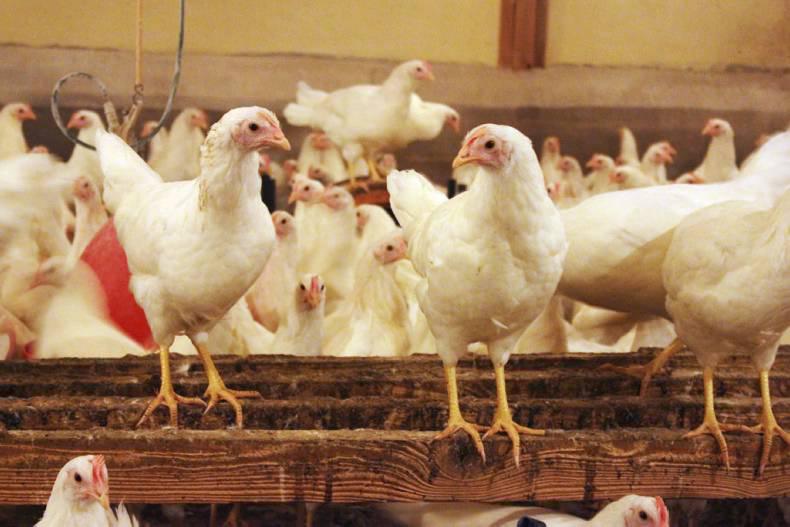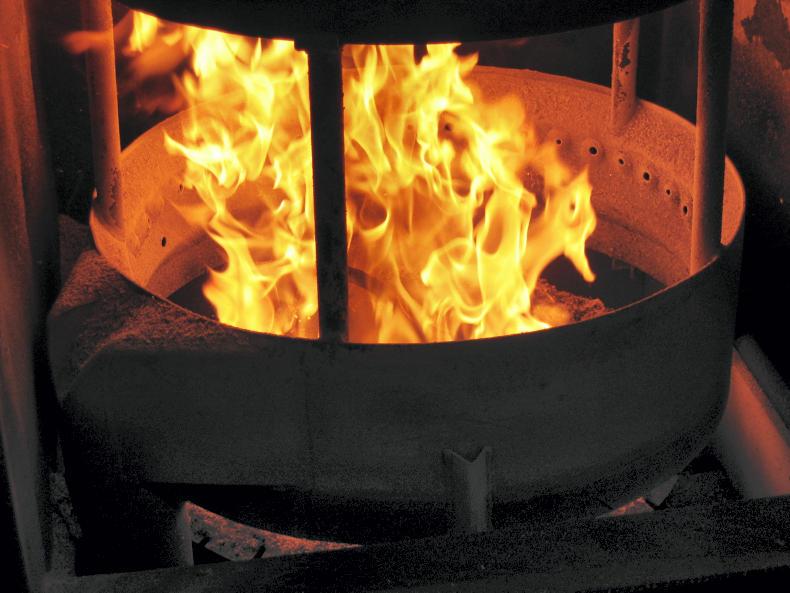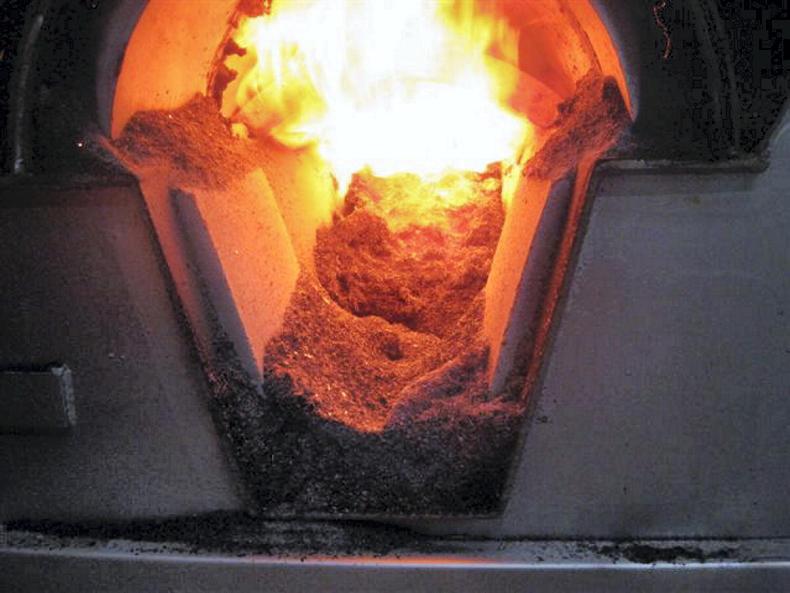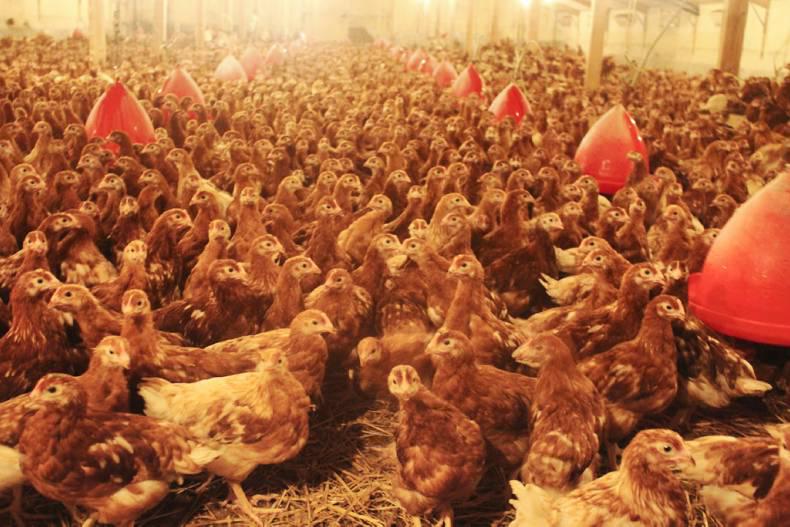Farmers in the process of installing renewable heat systems such as biomass boilers face a race against time to have the equipment in place and commissioned by the 29 February 2016 to avail of tariffs under the Renewable Heat Incentive (RHI).
Following on from his announcement two weeks ago that he intended closing the RHI to new applications, Enterprise Minister Jonathan Bell last week indicated that he would allow a two-week grace period to allow work in-progress to be complete.
However, the decision to close the RHI still required legislation, and the agreement of MLAs.
On Tuesday, they voted by a majority of 60 to 34 in favour of closing the scheme.
During a debate on the proposed legislation, Minister Bell told MLAs that there was no alternative. “My officials and officials in the Department of Finance and Personnel (DFP) have exhausted all options in negotiating with the Treasury, and the scheme must now be suspended,” he said.
He outlined to MLAs the two main issues that have forced his hand. The first is the change announced in the Chancellor’s autumn statement which effectively means that the British Treasury has put a limit on the funding provided to the RHI in NI. Any additional money must be found within the Stormont Executive budget. The funding shortfall for 2016/17 is estimated at approximately £30m.
The second issue is the surge of applications that came last autumn ahead of tariff changes from November 2015. Over 900 applications were received in a six-week period, doubling the number of non-domestic installations. It has meant that Government targets for renewable heat have been exceeded.
Despite the minister arguing that the RHI has brought, and will continue to bring additional money into the NI economy (£130m over the next five years), he faced plenty of criticism from MLAs for his handling of the scheme.
Consult
Meanwhile, John Martin, chair of Biomass Energy NI, has called on Minister Bell to consult with the heat energy sector on a possible way forward. He said that without the RHI the market for biomass systems in NI is dead. “Heat system installers have quotations out with customers, deposits for boilers in new dwellings and commercial properties which are not yet ready to install but have monies paid. Thousands of jobs are also at risk,” he said.
Within agri-food, biomass heating systems have proved popular with Moy Park suppliers, who have reported significant improvements in bird performance. However, that improved performance has raised averages. Given that the Moy Park model is set up to reward performance above the average, producers without biomass systems are worried that they could be financially squeezed.










SHARING OPTIONS